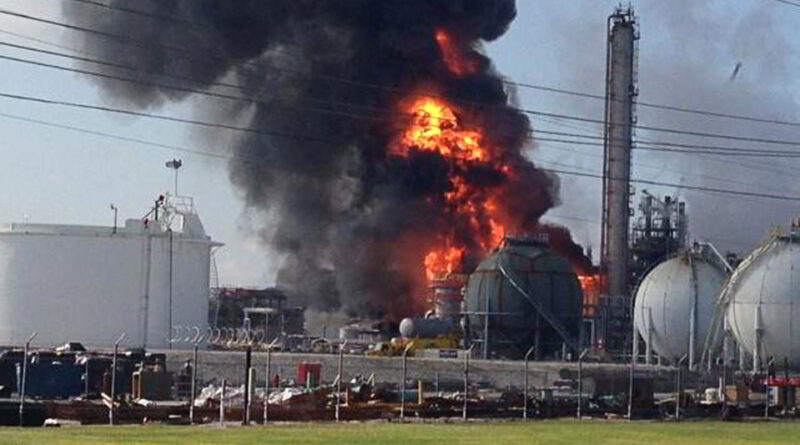Chemical Engineering for Fire and explosion.
Chemical Engineering deals with the systematic transformation of chemical substances into useful energy. It involves the study of chemical properties, reactions and equipments, and their effect on other entities. Chemical engineers apply various techniques in the course of their study and build upon their theoretical background to develop new equipment and products as well as for safety measures.
In present times, there is a great demand for skilled and trained Chemical Engineers. The demand for these professionals has therefore given rise to several training institutes across the country. Every year, thousands of students are initiated and trained at these institutes. Most of these graduates find employment right after completing their studies in these courses. A good number of Chemical Engineering professionals are also appointed by different industries across the country for maintaining safety standards, developing new equipment and products, and developing environmental cleanliness and pollution control laws.
Apart from being involved in the industrial sectors, Chemical Engineers is also recruited by other institutions in the name of Public Safety. These professionals are entrusted with the responsibility of implementing policies related to preventing disasters such as hurricanes, earthquakes, floods, drought, etc. They have to provide immediate assistance and take care of public health and safety. They are responsible for providing essential information on the response system in various situations, and they act as the first responders when disasters strike.
Chemical Engineering deals with concepts such as Environmental Protection, Health, Industrial Design, Cost, Safety, and Productivity. Chemical Technologists is exposed to a wide range of topics such as nanotechnology, biotechnology, solid chemical synthesis, environmental cleanliness, food additives regulation, radiation protection, and occupational safety. Chemical Engineering also deals with the conversion of scientific knowledge in the practical workshops and field trials. These projects enhance the knowledge and help in designing effective safety gear and equipment. They play an important role in providing solutions to critical safety issues. Chemical Engineering projects include processes like process development, production optimization, quality control, cost optimization, and waste processing.
Chemical Engineering offers a number of programs which suit the requirements of a diverse set of industries. These include Pharmaceutical Engineering, Biochemistry and Polymer Science, Nanotechnology, Eductology, and many others. Pharmaceutical Engineering focuses on the development of medicines that can fight against crucial diseases. Due to the importance of these medicines, numerous drug manufacturing plants are operating all over the world.
In the area of Nanotechnology, chemical engineers are involved in the process of fabricating artificial materials that can withstand harmful environmental conditions. These materials are made up of proteins and DNA strands. They use different techniques to manufacture the artificial materials. They use various safety standards to ensure the material is safe for human usage. Automation systems are being used to manufacture safety gears and other safety equipment at industrial and commercial sites.




